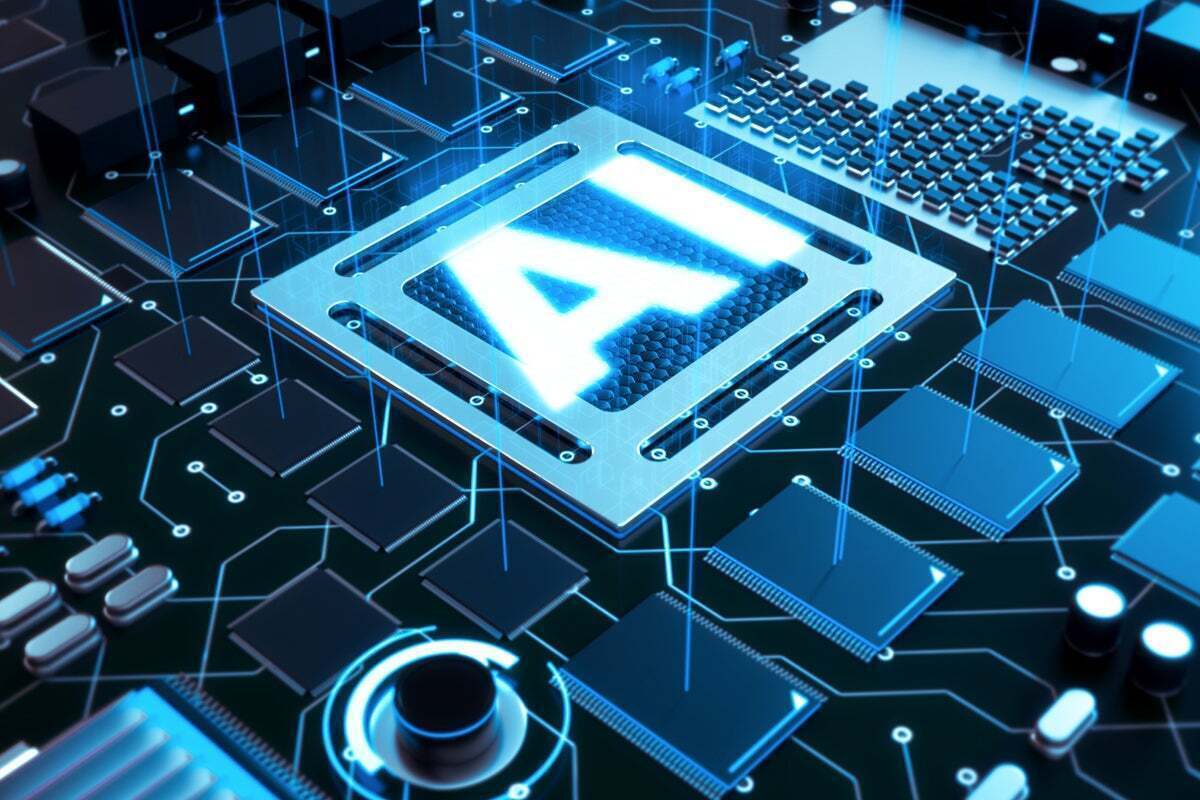Physical Address
304 North Cardinal St.
Dorchester Center, MA 02124
Physical Address
304 North Cardinal St.
Dorchester Center, MA 02124

Google, the internet giant known for its advancements in artificial intelligence (AI), is currently facing a significant legal battle. Computer scientist Joseph Bates, founder of Massachusetts-based Singular Computing, has filed a lawsuit against Google, claiming that the company has infringed upon his patents in the development of processors for AI-related tasks. The lawsuit seeks a staggering $1.7 billion in damages.
Bates alleges that Google used his innovations and ideas to create its Tensor Processing Units (TPUs), which are integral to various AI features across Google’s services, including Google Search, Gmail, and Google Translate. According to Bates, Google’s TPUs, specifically versions 2 and 3 introduced in 2017 and 2018 respectively, violate his patent rights.
The cause of this legal dispute can be traced back to multiple meetings between Bates and Google representatives from 2010 to 2014. During these meetings, Bates claims that he shared his ideas and discussed key concepts related to solving challenges in artificial intelligence. He argues that Google subsequently duplicated his efforts without proper credit or compensation.
Internal emails presented as evidence in the lawsuit further support Bates’ claims. Google’s top scientist, Jeff Dean, is quoted as acknowledging the suitability of Bates’ innovations for the company’s technology development efforts. Another email from a Google employee suggests that the company’s staff was influenced by Bates’ ideas, referring to them as “corrupted.”
While Google has appeared before a federal jury in Boston to defend itself against the lawsuit, the company maintains that its scientists independently developed the chips in question. Google’s lawyer, Robert Van Nest, referred to Bates as a “disappointed inventor” who failed to persuade other companies, including Meta, Microsoft, Amazon, and OpenAI, to utilize his innovations.
The legal battle between Google and Bates highlights the increasing significance of AI chips in the tech industry. As generative AI continues to proliferate, major technology companies are investing in the development of their own chips to support AI-related workloads. IBM, AWS, Microsoft, Nvidia, Intel, and AMD are among the companies that have also developed their own AI chips.
The demand for AI-powered devices and services, coupled with the need for faster and more efficient computing power, has contributed to the growth of the AI chip market. According to xResearch, the market size was valued at $14.9 billion in 2022 and is projected to reach $227.6 billion by 2030, with a compound annual growth rate (CAGR) of 40.5%.
As the legal battle unfolds, the outcome of the lawsuit will have significant implications for Google and the broader tech industry. It will not only determine the potential financial repercussions for Google but also shed light on the importance of intellectual property rights in the rapidly evolving field of AI.
The ongoing $1.7 billion lawsuit against Google for AI chips patent infringement has significant effects on both the company and the broader tech industry. The outcome of the legal battle will shape the future of intellectual property rights in the rapidly evolving field of artificial intelligence.
One of the immediate effects of the lawsuit is the potential financial repercussions for Google. If the court rules in favor of Joseph Bates, the founder of Singular Computing, Google may be required to pay a substantial amount in damages. Such a financial blow could impact the company’s resources and future investments in AI-related technologies.
Moreover, the lawsuit highlights the importance of respecting intellectual property rights and giving credit where it is due. The allegations made by Bates raise questions about the ethical practices of tech giants and the potential exploitation of innovators’ ideas without proper compensation or recognition.
The legal battle also sheds light on the significance of AI chips in the tech industry. As more companies develop their own chips to support AI-related workloads, the outcome of the lawsuit will have implications for other major players in the market, including IBM, AWS, Microsoft, Nvidia, Intel, and AMD. The ruling could set a precedent for how intellectual property disputes are handled in the context of AI chip development.
Furthermore, the lawsuit underscores the growing demand for AI-powered devices and services. With the market for AI chips projected to reach $227.6 billion by 2030, the legal battle between Google and Bates serves as a reminder of the fierce competition and potential legal challenges that arise in this rapidly expanding industry.
From a broader perspective, the outcome of the lawsuit will shape the perception of intellectual property rights in the tech community. It will influence how innovators and inventors approach sharing their ideas and collaborating with industry giants. The case may prompt companies to reassess their practices and ensure that they respect the intellectual property of others.
In conclusion, the $1.7 billion lawsuit against Google over AI chips patent infringement has far-reaching effects. It not only has financial implications for Google but also raises important questions about intellectual property rights, ethical practices, and the future of AI chip development. The ruling will set a precedent for the industry and shape the dynamics of the tech landscape in the years to come.
If you’re wondering where the article came from!
#